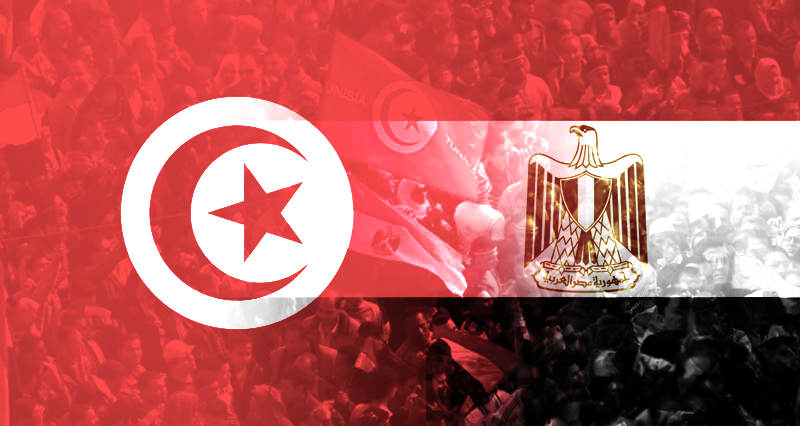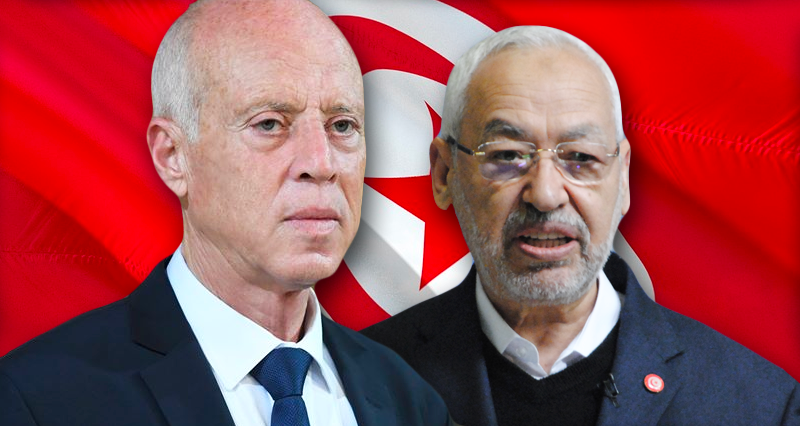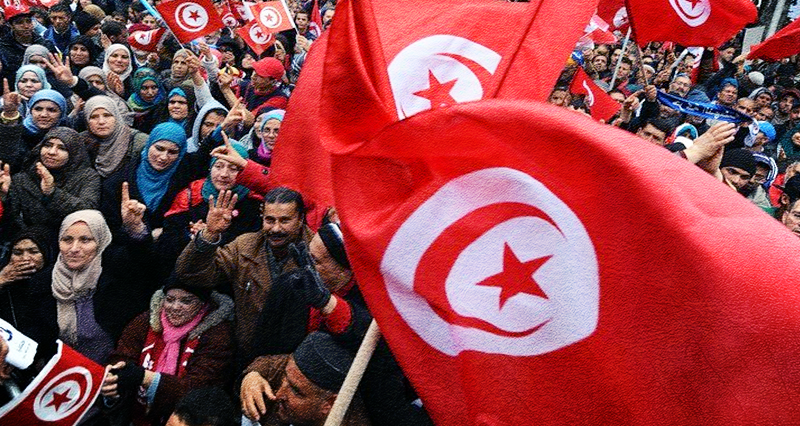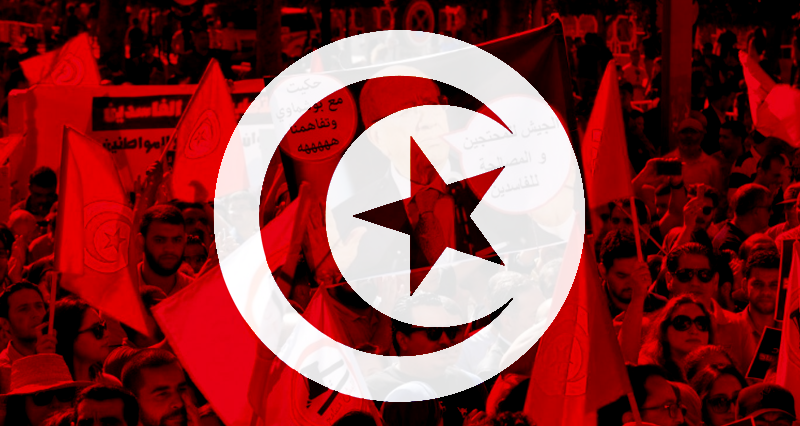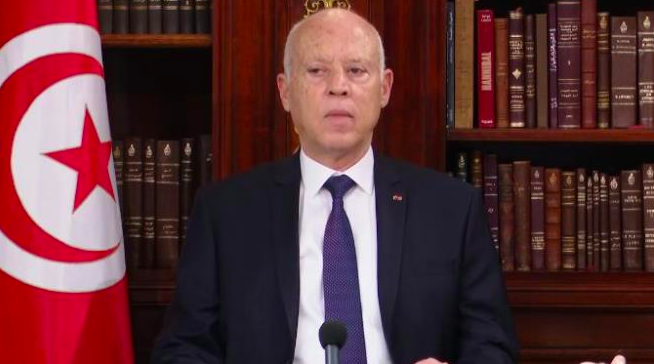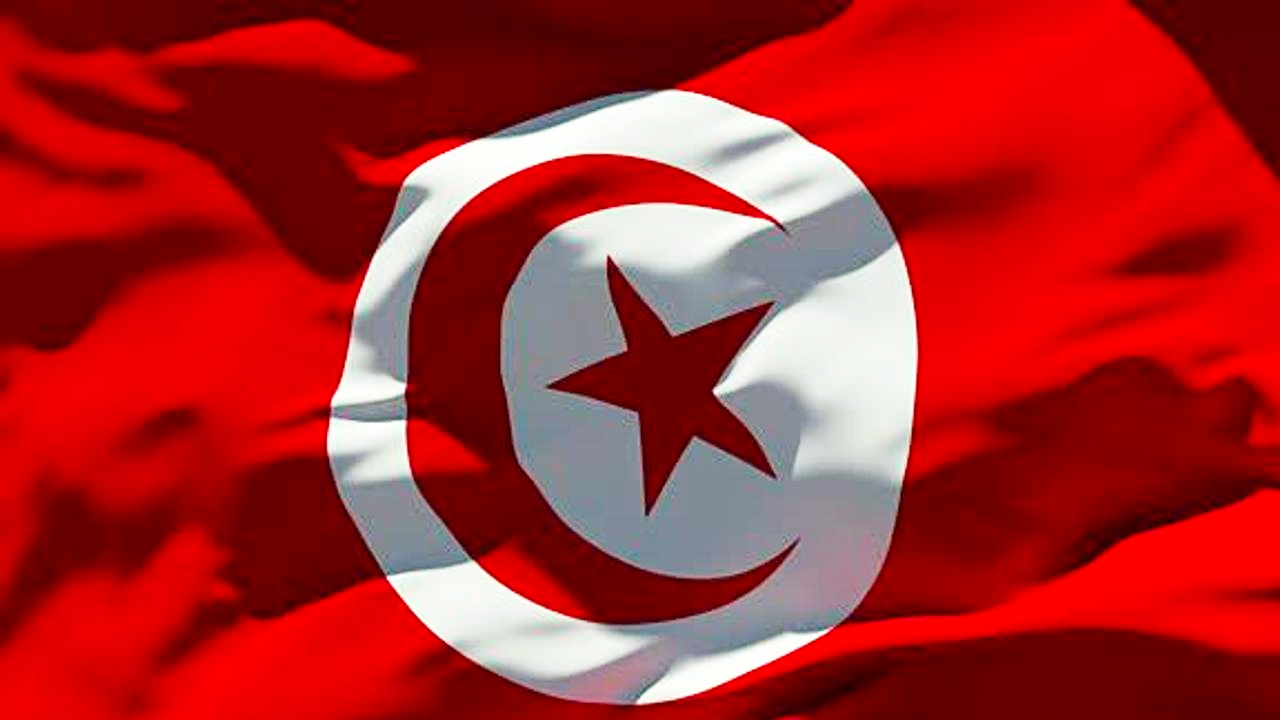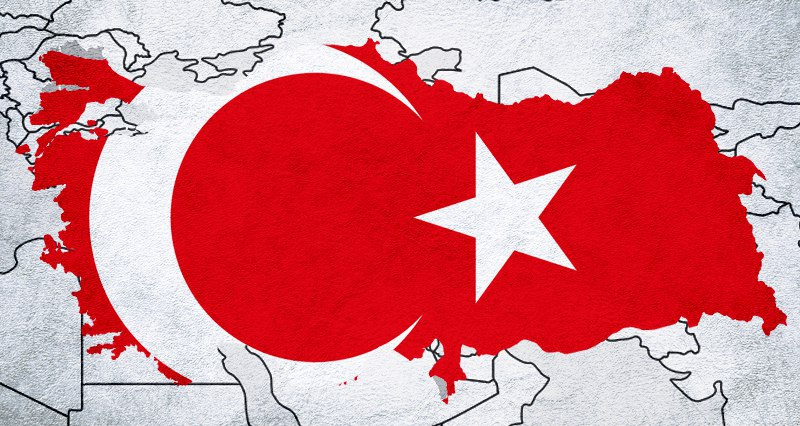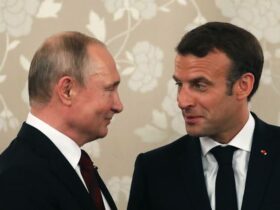By Bassem Hamdy, freelance journalist, Sfax, Tunisia “We have passed a stage in history and entered into something different from its predecessors, bearing not only the hopes of our people but the hopes of all humanity. The fate of all humanity will change in the coming decades. There are those who consider politics as a craft. Politics is an idea ...
Tunisia was the first country where the so-called Arab Spring started in 2011, and it remained in the eyes of European countries and the US the positive example of ‘democratic transition’. In the last ten years, a lot of democratic transition took place in the country, with several presidents and governments coming and going and changing coalitions ruling the country. ...
On December 17, 2010, Tunisia witnessed huge demonstrations against the rule of President Zine El Abidine Ben Ali following an incident where a vegetable seller burned himself after his goods were confiscated by the police. The massive and continuous demonstrations succeeded in toppling the authoritarian regime led by Ben Ali within less than a month of the incident. Many countries ...
The events in Tunisia are discussed throughout West Asia. Turkey’s Vatan Party, which has extended relations to regional countries including Syria, Lebanon and Egypt, has organized a meeting within its Office of International Relations, where the latest events in Tunisia and its possible impacts on Turkey were discussed in detail. At the meeting Professor Cuneyt Akalin, Dr. Mehmet Perincek and ...
President Kais Saied, who suspended the parliament and the immunity of deputies and dismissed Prime Minister Hisham Mechici, has said his moves are legitimate under the country’s constitution, arguing that article 80, after the extraordinary meeting held at the Carthage Palace. On the other hand, Tunisia’s Parliament Speaker Rashid Ghannouchi, who leads the Ennahda Movement, accused President Said of launching ...
The political crisis in Tunisia, which erupted after President Kais Saied has dismissed the coalition government that included Ennahda, a party inspired by the Muslim Brotherhood, does not only consist of the local dilemmas of Tunisia but also contains ideological, class-based and geopolitical polarizations in the wider regional context. The fracture points of Tunisia We can talk about two different ...
After having dismissing the Prime Minister, freezed the work of the parliament for 30 days and lifting the immunity of all members of Parliament on Sunday, Tunisian President Kais Saied continued to strengthen his position. The president announced a curfew from 7PM to 6 AM that is set for a month, banned travel between different Tunisian cities and prohibited the ...
Tunisia has faced a political turmoil on Sunday. The country’s president Kais Saied dismissed the Prime Minister Hichem Mechici and closed the parliament for 30 days. Saied announced that he was firing Prime Minister Hichem Mechichi and that he and a new prime minister, to be named in the coming hours, would take up executive authority. Saied announced his decisions ...
For a week now, protests and clashes between police and protesters have continued in major Tunisian cities. Tunisian security forces arrested at least 1,000 people during the urban unrest, the government deciding to use the army to quell the protests on Sunday night. Tensions in the country have persisted for months, and nothing seems to be able to ease the ...
Attempts to encircle Turkey from North Africa, the Middle East and the Eastern Mediterranean are gaining more momentum. It is useful to take a look at the events that have been taking place in Libya, Tunisia, Lebanon, and Egypt, in order to see the full picture. FRENCH INTELLIGENCE PERSONNEL IN LIBYA In Libya, where tensions have recently been at a ...









